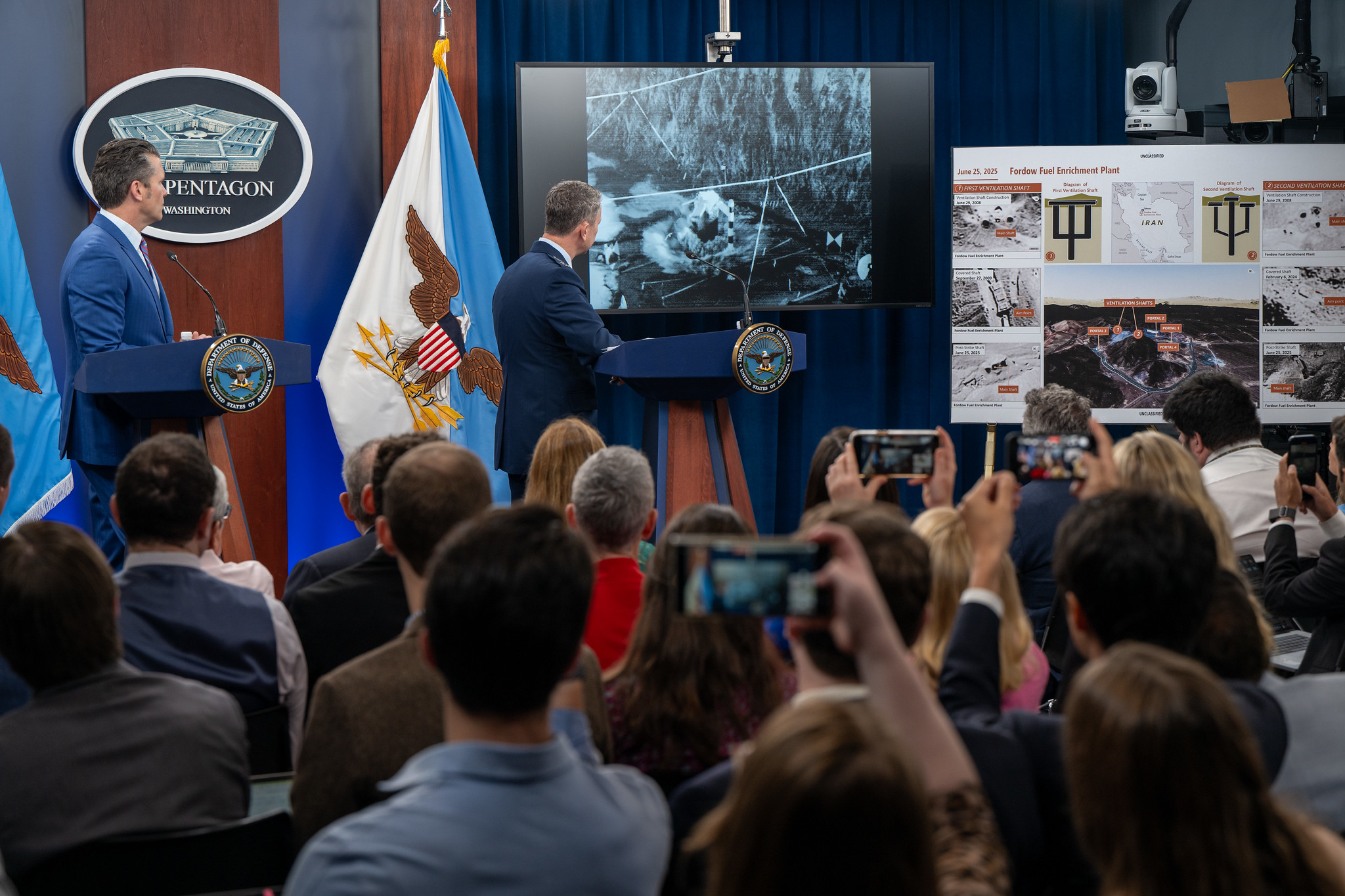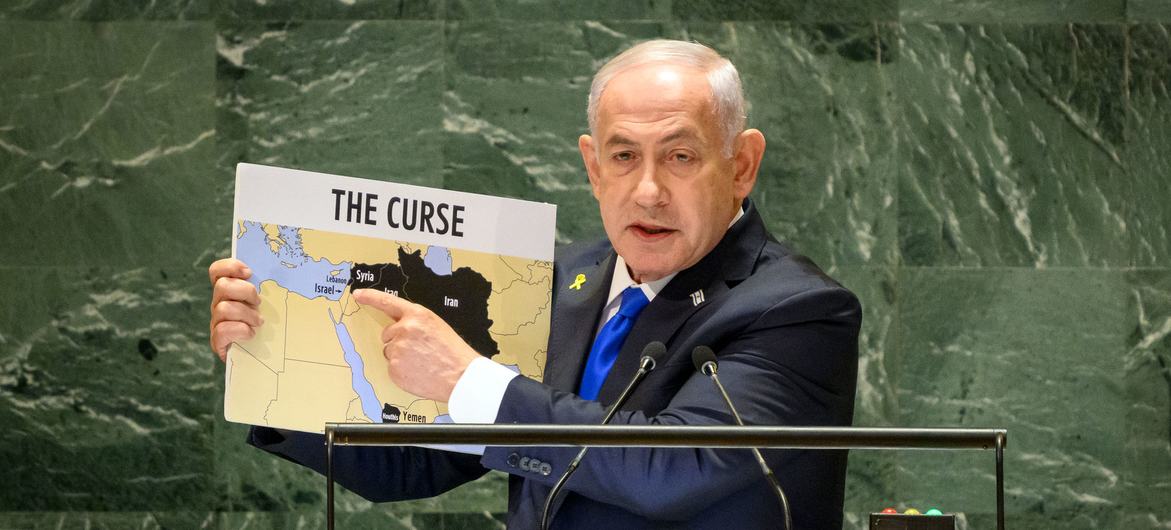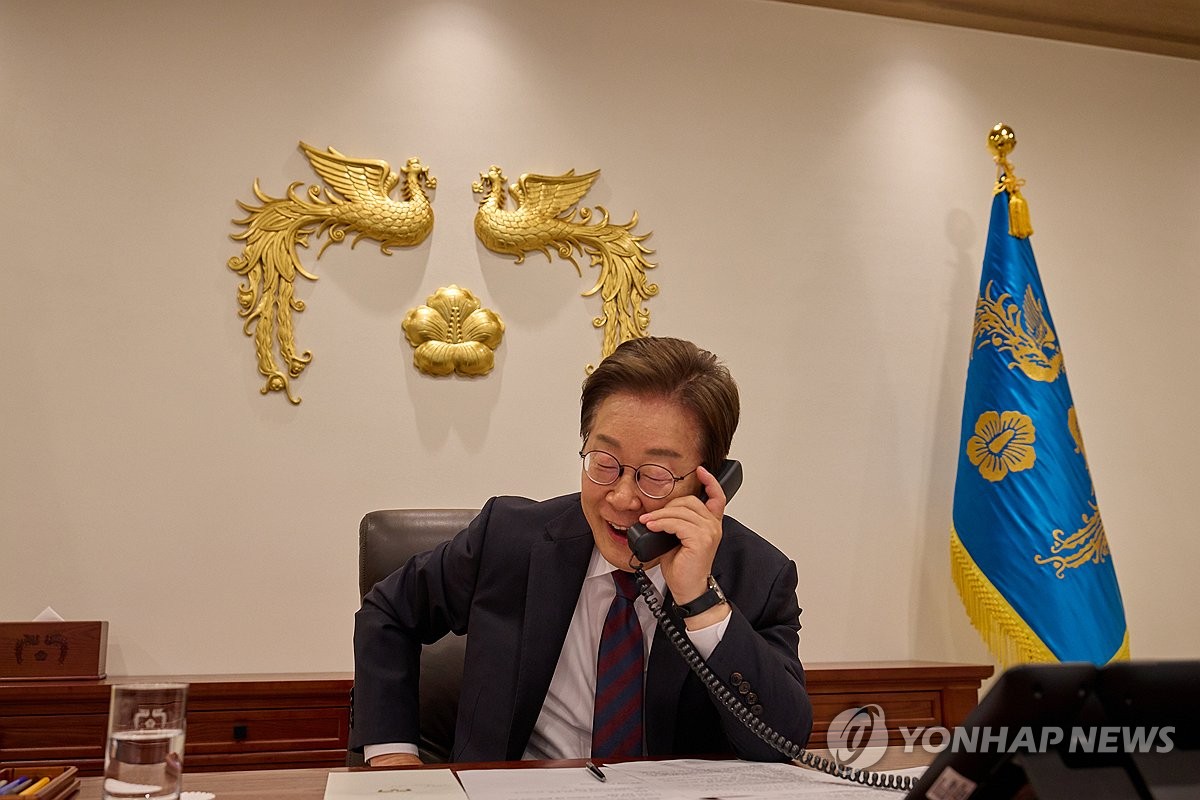PICTURED: The Natanz Nuclear Facility, Iran.
VIENNA, Austria. February 1st. 2022. The conclusion of the eighth round of negotiations between the parties of the Iranian Nuclear Deal, (JCPOA) sees major signees signaling that an end, for success or for stalemate, is near.
The Russian, American, and Iranian envoys all made statements revolving around a theme that the time for “political actions” is now, and that representatives had returned home to convene with national leaders, before a scheduled ninth session later next week.
U.S. State Department officials speaking with The New York Times even went as far as to say that a draft agreement had been made, which would “essentially” return to the 2015 status quo when the JCPOA was first made; an astonishing claim, not merely because many members of the Biden administration were part of the team which made the original JCPOA, but also because they have been so reluctant to take up Iran’s offer for a return to the deal everyone agreed to.
The Times pointed out Tehran’s desire for a return to the old agreement is justified, as it was clearly the Americans who broke it when former-President Trump withdrew the country and imposed hundreds of economic sanctions. Tehran Times quoted an official readout of a telephone call between Presidents Emmanuel Macron of France, and Ebrahim Raisi of Iran, saying that Macron also agreed that the Iranian government had every right not to trust the Americans.
“The Islamic Republic of Iran has shown its will and seriousness to reach an agreement in the negotiation process, and any effort by the other side in this regard should include the lifting of sanctions, verification and valid guarantee,” Raisi told Macron.
PICTURED: Current-President Ibrahim Raisi registering as a presidential candidate during the 2017 election season. Photo credit: Tasim News Agency. CC 4.0.
The ball’s in ___ court
For the average observer, eight rounds of negotiations seem to have produced no meaningful change in the parties’ stances. The U.S. continues to state that Iran must dismantle her current uranium enrichment, while Iran maintains since it was the U.S. that broke the deal, she must first lift all sanctions and place a guarantee that the country will not leave the agreement in the future.
“We can see a path to a deal if those decisions are made and if they are made quickly,” State officials told the New York Times. “Now is the time for Iran to decide whether it’s prepared to make those decisions”.
“As a matter of timing, we are in the final stretch because, as we’ve said now for some time, this can’t go on forever because of Iran’s nuclear advances. This is not a prediction. It’s not a threat. It’s not an artificial deadline,” another senior State official said when they convened with reporters on the 31st of January. “It’s just a requirement… which is that given the pace of Iran’s advances, its nuclear advances, we only have a handful of weeks left to get a deal, after which point it will unfortunately be no longer possible to return to the JCPOA”.
It’s an utter-nonsense claim that the “opportunity will disappear” as the official would go on to say, or that State and the White House weren’t imposing artificial deadlines, because of their reports that it’s the same JCPOA that has been able to be reentered for a year now.
While Tehran’s advances in uranium enrichment are substantial, going from around 3% under the JCPOA limits to around 60%, only around 30% shy of the level needed to make a nuclear weapon, Iranian officials have repeatedly stated this could be reversed in a week, or immediately, if the material was shipped off to Russia as it was in 2015.
But the notion that time is running out is the official narrative, perhaps to force Tehran into decisions. Both feel the first step should be taken by the other administration.
Regardless, it is the stated desire, the official said, of the Biden Administration to return to the JCPOA, which would present remarkable political pressure on Biden during the upcoming midterm elections. Not one Republican voted at any stage to support the JCPOA in 2015, and some hawkish Democrats also opposed it.
Biden’s team have refused to include an oath not to again leave the deal before its expiration in 2030, and Republicans are vowing to exit and reimpose economic sanctions if Biden reenters the deal as it was made in 2015.



